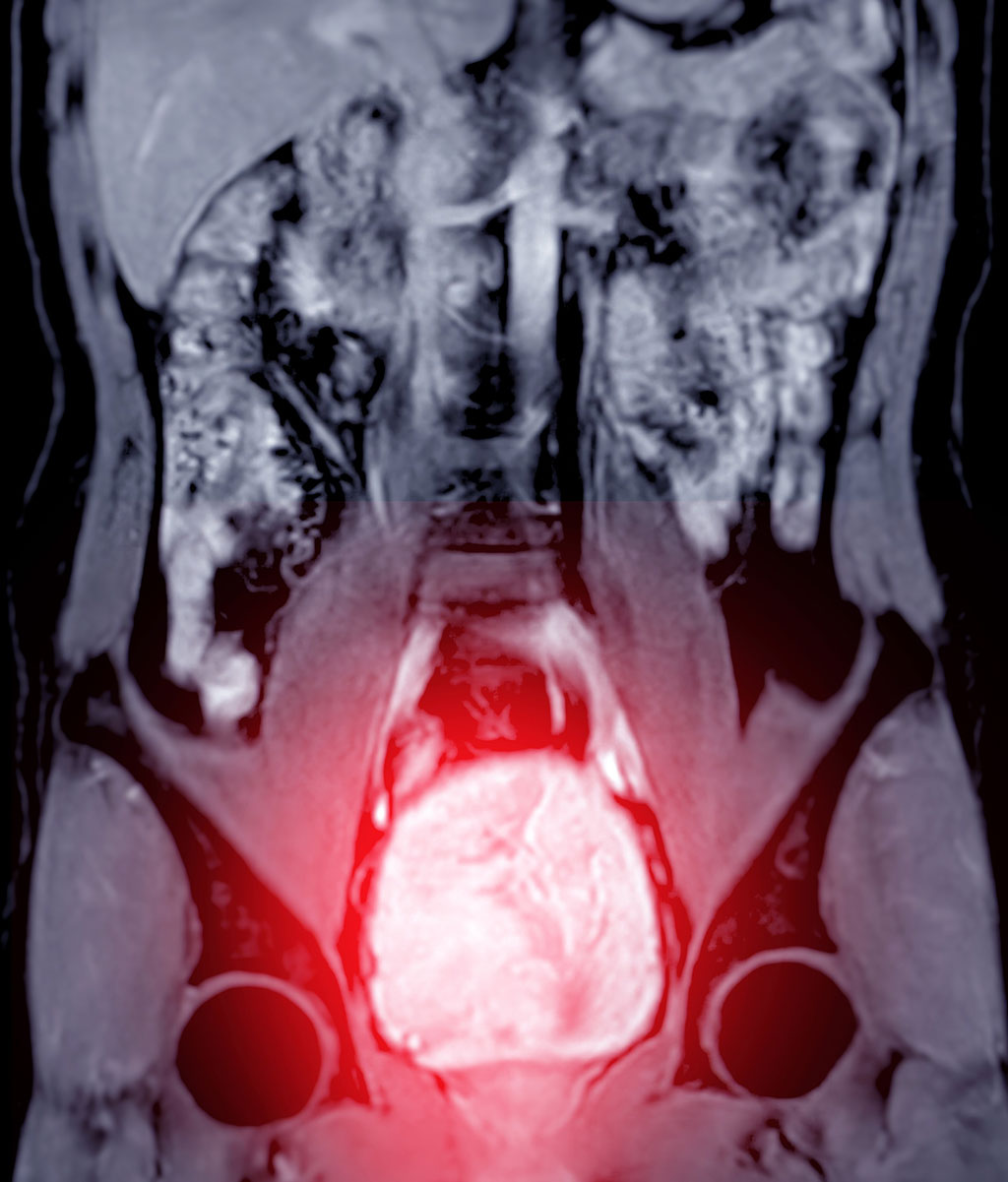Simple MRI Scan Can Predict Radiation Side Effects for Prostate Cancer
Posted on 20 Oct 2023
Radiation therapy is frequently used to treat prostate cancer and is generally considered safe for patients. However, some men do suffer from side effects that can negatively affect their quality of life for certain periods. Until now, it has been difficult for researchers to pinpoint specific risk factors that could indicate who is more likely to experience these side effects post-radiation. Now, a simple MRI scan and unique metric to determine urethra length may offer some insights.
A new study by Corewell Health (Southfield, MI, USA) has shown a correlation between the length of the prostatic urethra, which is the section of the urethra that passes through the prostate, and the risk of experiencing urinary side effects after undergoing radiation treatment for prostate cancer. According to their analysis of data gathered from 361 men, each 1-centimeter increase in the length of the prostatic urethra was associated with a roughly 60% increase in urinary issues like frequent urination and urgency. Men with a prostatic urethra length exceeding 4.6 centimeters were nearly twice as likely to develop these symptoms.

What makes this study noteworthy is the lack of known risk factors that can predict who will face side effects after radiation therapy for prostate cancer. In this study, neither the type of radiation used nor any existing medical conditions were linked to the development of symptoms. This highlights the difficulty researchers have faced in identifying risk factors in the past and emphasizes the potential value of employing MRI technology in the care and treatment of prostate cancer.
“Our novel MRI metric may help patients know beforehand what their risk is in developing these symptoms and help them make better and more informed decisions on a course of treatment that optimizes quality of life,” said Kiran Nandalur, M.D., principal investigator of the study and a radiologist at Corewell Health.
Related Links:
Corewell Health














